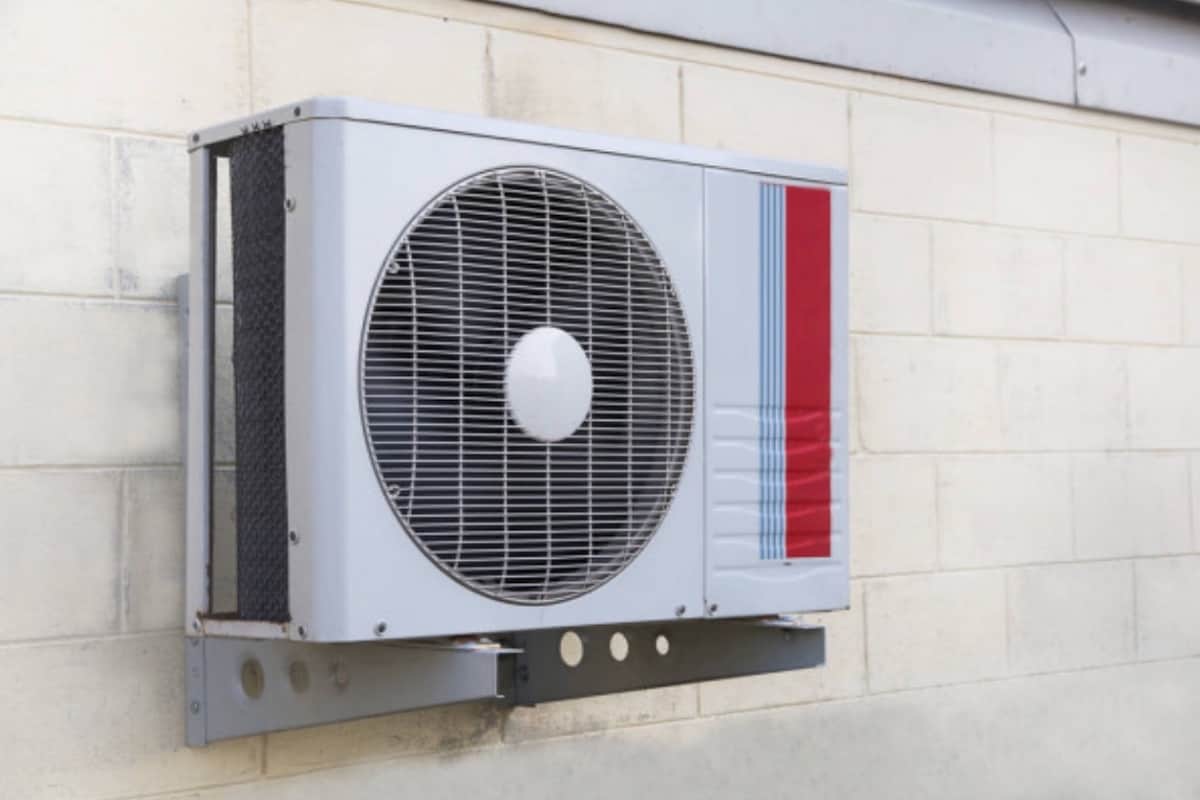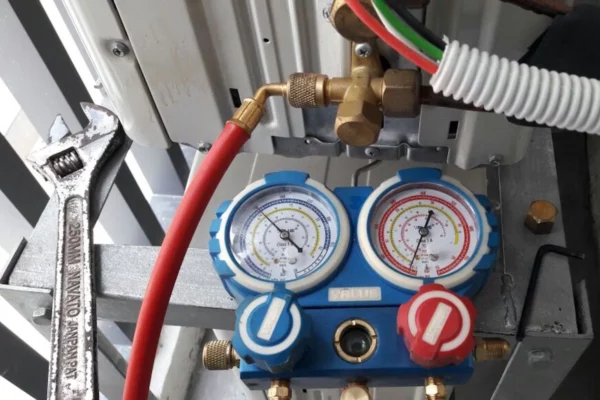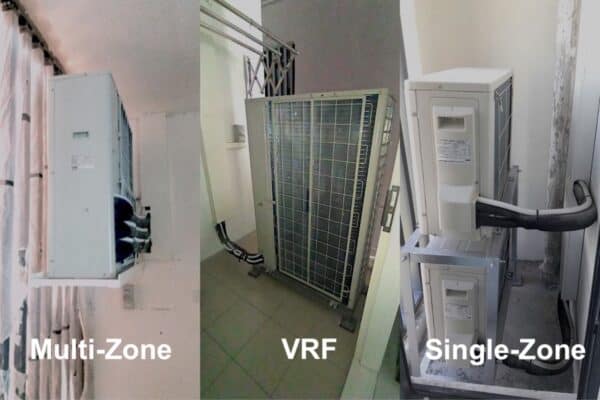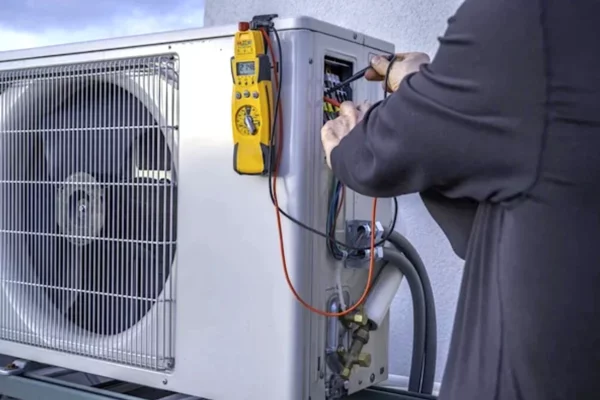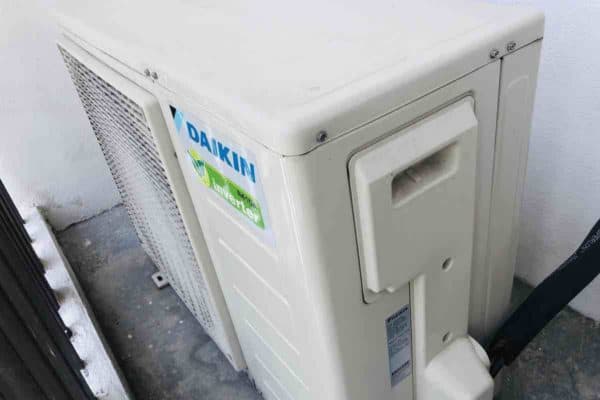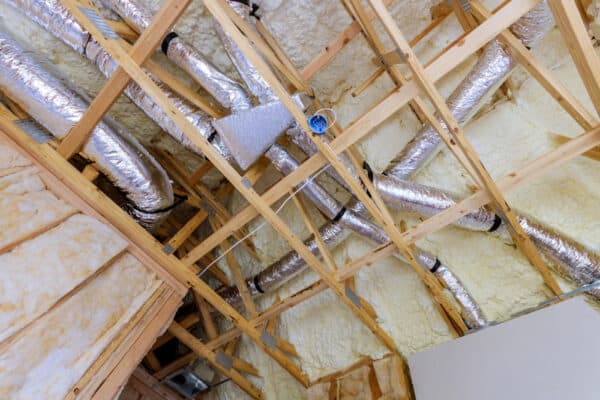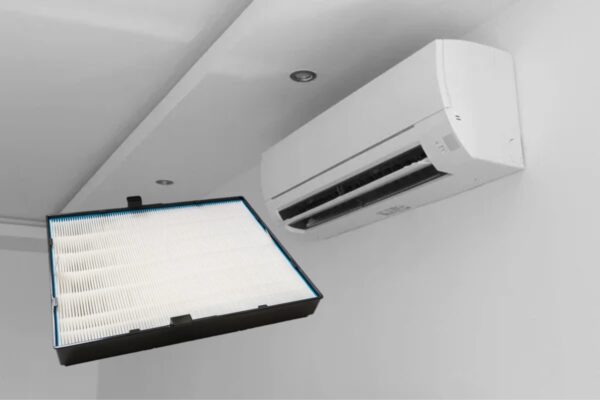Are Mini Splits Supposed to Run All the Time?
Mini splits keep running all the time without shutting off. Should you be worry about it? Many people are asking whether their mini splits should be running all the time. So, I decided to write a post about it.
Most mini splits are designed to run all the time. Mini splits have inverter technology that keep them running at a certain percentage of their capacity based on the cooling load requirement. Mini splits that run constantly are more efficient.
While the older air conditioners may stop running when it reaches a set temperature, the newer mini splits are not going to stop running and surprisingly, they perform better this way.
Note: Mini split “run all the time” is referring to the compressor of the mini split that never stop like the compressor of a central air conditioner.
Why Do Mini Splits Run All the Time?
A mini split that runs all the time is not broken but it’s supposed to do so because it is more energy-efficient.
Traditionally, air conditioners shut off when they reach the set temperature. Then, they start to run again when the temperature drop. On the other hand, most mini splits never shut off because they are equipped with inverter technology.
Mini splits with inverter technology never stop operate until you turn them off. They always run at a percentage of their capacity based on how much cooling is needed for your house or room.
These mini splits are often called inverter mini splits.
Most of the mini splits sold today are equipped with inverter technology. If you see any mini split with an energy efficiency rating of above 15 SEER, it’s most likely an inverter mini split.
“Most mini splits sold today run all the time and they are more efficient.”
Nevertheless, mini splits that do start and stop are still available. The main reason why they are still around is due to the lower price range. Typically, a non-inverter mini split is about 15-20% cheaper than an inverter mini split.
More Comfortable
Because mini splits that run constantly are able to regulate their capacity, they are capable of maintaining a steady room temperature which creates a more comfortable environment for your house or room.
Conventional start/stop air conditioners often cool a room too much before they stop running. Afterward, the room may get too warm before they start running again.
Such a cooling cycle often makes us feel an obvious temperature fluctuation which is not very comfortable especially when we sleep. We may be woke by the significant temperature rise.
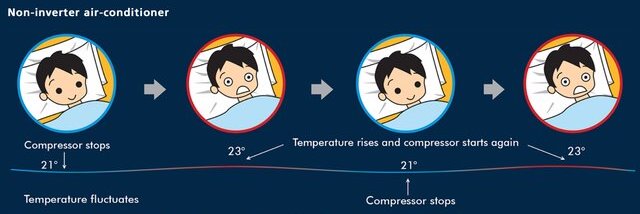
On the other hand, mini splits that run constantly start cooling a room with their full capacity. When the room reaches the set temperature, they reduce their cooling to a level just enough to maintain the desired room temperature.
Thus, we won’t experience any temperature fluctuation and feel more comfortable.

Save Energy
Mini splits that never shut off always run at optimal capacity according to the cooling load requirement. Their inverter drive provides a soft start that doesn’t cause a power surge like start/stop mini splits do. Thus, they save energy.
Imagine you are riding a bike or running a marathon. It’s more tiring when you frequently stop and go. In addition, it puts more pressure on your leg muscles and joints.

It’s the same for start/stop mini splits. It’s estimated that a start/stop mini split draws 3-4 times as much power on start-up compared to a constantly running mini split according to Mitsubishi Electric.
Additionally, start/stop mini splits experience more wear and tear due to the frequent stop-and-go operation. Their compressor creates more vibration and noise. Their fan is more likely to be misaligned.
If you are interested to know how inverter technology controls the capacity of mini splits, feel free to check out my post Do Air Conditioners Use AC or DC?
However, some mini splits have energy-saving mode or economy mode that may shut off their compressor and fan to conserve even more energy while retaining the comfort that an inverter mini split provides. But, not all energy-saving mode or economy mode does the same.
In short, mini splits do run all the time and it’s completely fine. They are designed to run constantly and it is more efficient this way. No matter it is summer or winter, you should let your mini splits run all the time.
Do Constantly-Running Mini Splits Consume More Electricity?
Mini splits that run constantly do not consume more electricity. In fact, they save 58% energy compared to mini splits that do start and stop.
The energy efficiency of a start/stop mini split usually is 10 SEER while a mini split that runs constantly is mostly above 20 SEER. The higher the SEER, the better the energy efficiency of the mini split.
The Most Efficient Way to Run a Mini Split
All and all, the most efficient way to run a mini split is to let it run all the time at above 77°F (25°C). If the cooling is sufficient, use the lowest fan speed. Do not manually turn off and on a mini split as it’ll consume more power than just let it run all day long.
However, if you don’t need cooling or heating, turning off a mini split definitely saves you more electricity.
Related Questions
Should mini splits be turned off? Do not turn off mini splits manually unless you don’t need cooling or heating anymore. Let your mini splits run all the time save you more energy as they are designed to run constantly.
Should I leave my mini splits on all the time in winter? Yes, you should leave your mini splits on all the time in winter. Do not turn off your mini splits by yourself unless you don’t need heating anymore. Else, it’ll cost you more money.
Lastly, consider my Mini Split (eBook) if you want to know how can you use Mini Split in your house. If you still have doubt or not feeling confident enough, feel free to consult me.
Consultation Service
Ask me for HVAC advice such as brand selection, best model, benefits, features, placement, duct size, grille size, how to design, design check, verification and other HVAC related queries.
If you have anything to add (or ask) about this topic, leave a comment down below!


